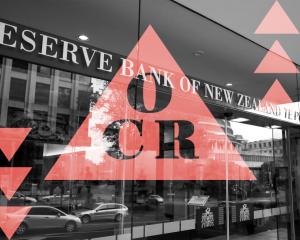
New Zealand filed an extradition request last week in attempt to get Muhammed Rizalman bin Ismail to come back to New Zealand to face charges over an alleged attempted sexual assault of a woman in Wellington.
Asked why it had taken so long for authorities to seek Rizalman's extradition, Mr Key said it was a legally complex case.
"We've been working on that process .. as quickly as we can," he told reporters this morning.
Mr Key said if Malaysia was willing to return Rizalman the process could be very brief, but the diplomat also had power to delay his extradition.
"It depends on … certain aspects that the individual himself can control. So in principle if they are willing to return and they make the process easy it's very quick."
He added: "If they want to obfuscate a little bit, it can take a bit longer."
He had not been advised that Rizalman was looking to delay his return, and he remained confident Malaysia would send him back.
New Zealand did not have an extradition treaty with Malaysia, but lawyers from both countries were working together to find a solution.
Rizalman, an adviser at the Malaysian embassy, was arrested in May after allegedly following Wellington woman Tania Billingsley to her Brooklyn home and sexually assaulting her.
He later appeared in Wellington District Court, but returned to his home country with diplomatic immunity following a misunderstanding between New Zealand and Malaysian authorities.
When the case was made public in July, Malaysia's Prime Minister Najib Razak assured Mr Key that Rizalman would be returned to face the courts.
By Isaac Davison of the New Zealand Herald












